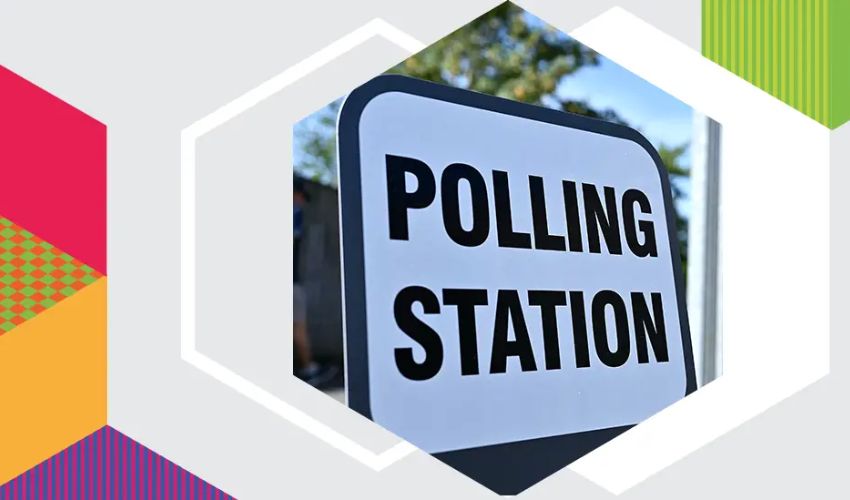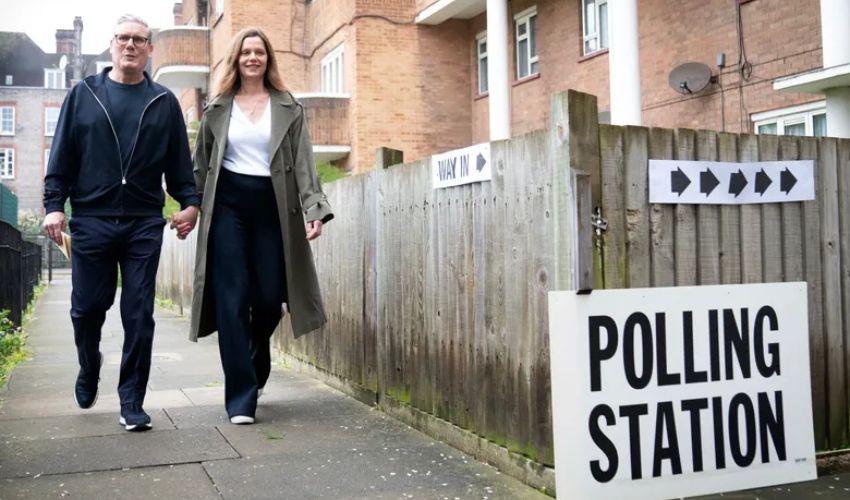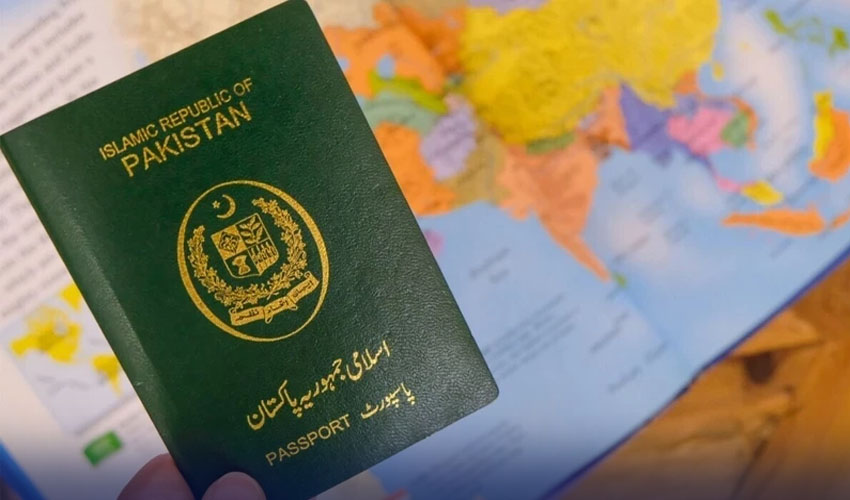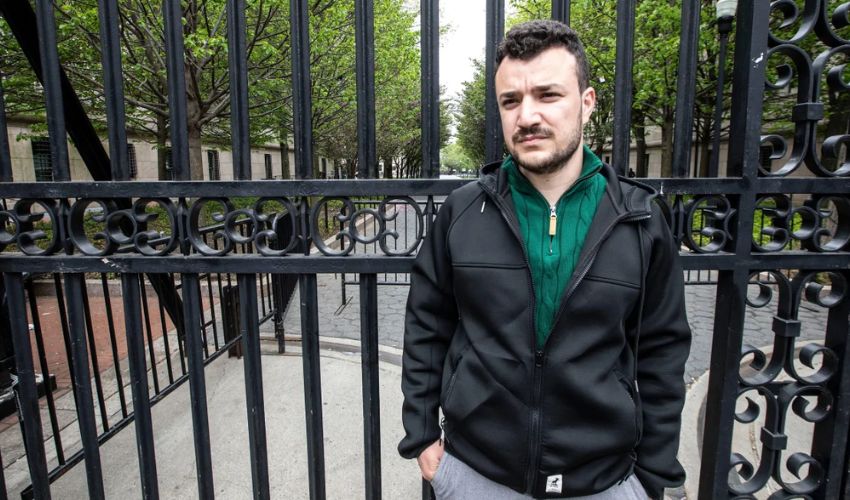The people of the United Kingdom are casting votes for the General Elections 2024 on July 4 (today) to elect a new prime minister of Britain. Around 50 million people registered to vote will cast their ballots from And a reminder, polling stations in the UK open from 7am to 10 pm local time (06:00 to 21:00 GMT) on 650 seats of parliament.
Welcome to SAMAA Digital’s live coverage of the UK Elections.
Thank you for joining our live coverage of the UK general election.
UK Elections in Numbers
Around 50 million registered voters of the total population of 67 million are exercising their right to vote for the House of Commons. While House of Lords members are nominated rather than elected.
There was a 67.3 percent voter turnout in the 2019 general elections.
There are 392 registered parties in the U.K. The people of the U.K. elect new representatives for 5 years of the parliamentary term.
A party needs to win 326 seats out of 650 parliamentary constituencies to secure a majority and to form a government.
There are 4 constituent countries England, Northern Ireland, Scotland, and Wales.

How do UK Elections work?
As per the Constitution of the UK, a party needs to win at least 50 percent of the seats 326 to secure a majority in the House of Commons and be asked to form a government by King Charles III.
How to cast votes in the UK?
UK legal residents registered voters must be aged 18 or over on polling day. The voter could be either a British citizen, Irish citizen or qualifying Commonwealth citizen and voters must take a photo ID with them to vote.
Overseas British citizen's voting process
Three million overseas British citizens could be eligible to vote, according to the regulator, the Electoral Commission.
How ballots can be posted?
Ballots can be cast in person, by post, or through a proxy.
What is UK’s first-past-the-post electoral system?
UK’s elections are conducted on the first-past-the-post electoral system which means a candidate with the majority votes will win the contest regardless of the 50 percent of the total votes.

Who are the key players?
The Labour and Conservatives have traditionally dominated politics in the UK under its first-past-the-post electoral system.
The Conservatives— aka as the Tories— are a centre-right-to-right party led by Rishi Sunak facing low popularity for his strict immigration policies.
Labour Party—centre-left party—is led by Keir Starmer. Labour remained in power between 1997 to 2010 under Tony Blair and Gordon Brown. Political pundits blame Tony Blair for wrongfully taking Britain in the Iraq War while Gordon Brown resigned from 10 Downing Street due to allegation of holding a birthday party in the restricted COVID-19 era.
Liberal Democrats —centre to centre-left aligned— party is led by Ed Davey. In power from 2010 to 2015 in coalition with Conservatives under David Cameron and Deputy Prime Minister Nick Clegg, then leader of the Liberal Democrats.
Greens, left-wing ecopolitics is led by Carla Denyer and Adrian Ramsay while Reform UK is a right-wing party led by Nigel Farage.
SNP or Scottish National Party is centre-left party led by John Swinney. Plaid Cymru is centre-left-to-left-wing Welsh party is led by Rhun ap Iorwerth.
DUP or Democratic Unionist Party is a centre-right Northern Irish party led by Gavin Robinson.


























